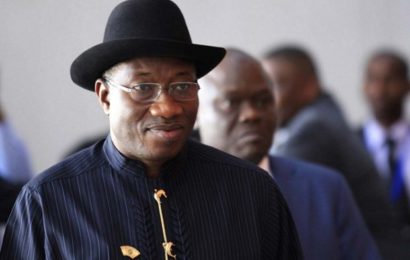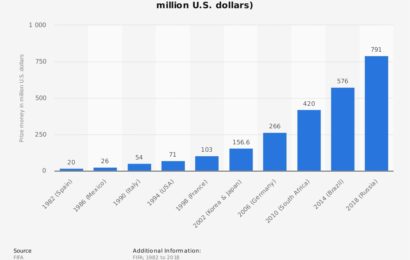 The International Monetary Fund (IMF) has projected that Nigeria’s economy will be out of recession in 2017, growing by 0.6 percent that year.
The International Monetary Fund (IMF) has projected that Nigeria’s economy will be out of recession in 2017, growing by 0.6 percent that year.
According to the IMF World Economic Outlook (WEO) released on Tuesday in Washington, the fund projects that the current economic recession will outlast 2016, with a gross domestic product (GDP) contraction of 1.7 percent.
“Sub-Saharan Africa’s largest economies continue to struggle with lower commodity revenues, weighing on growth in the region,” IMF said.
“Nigeria’s economy is forecast to shrink 1.7 percent in 2016, and South Africa’s will barely expand. By contrast, several of the region’s non resource exporters, including Côte d’Ivoire, Ethiopia, Kenya, and Senegal, are expected to continue to grow at a robust pace of more than 5 percent this year.”
IMF also forecasted a GDP contraction and subsequent recession for Russia and Brazil throughout 2016.
The fund added: “Growth in emerging Asia and especially India continues to be resilient. India’s gross domestic product is projected to expand 7.6 percent this year and next, the fastest pace among the world’s major economies.”
Maurice Obstfeld, IMF chief economist and economic counsellor, who spoke on the outlook, said global economic growth would remain subdued in 2016, following a slowdown in the United States and Britain’s vote to leave the European Union.
Obstfeld also stated that the fund forecasted a slight pickup in 2017 and beyond, driven mainly by emerging market strength.
“Taken as a whole, the world economy has moved sideways,” he said. “We have slightly marked down 2016 growth prospects for advanced economies while marking up those in the rest of the world.”
Nigeria’s economy was earlier projected to contract by 1.8 percent in 2016, but the October version of the WEO has seen that reviewed positively to a contraction of only 1.7 percent.
The country has recorded a 0.36 and 2.06 percent contraction in the first and second quarter of 2016 respectively, plunging into its worst recession in 29 years.








